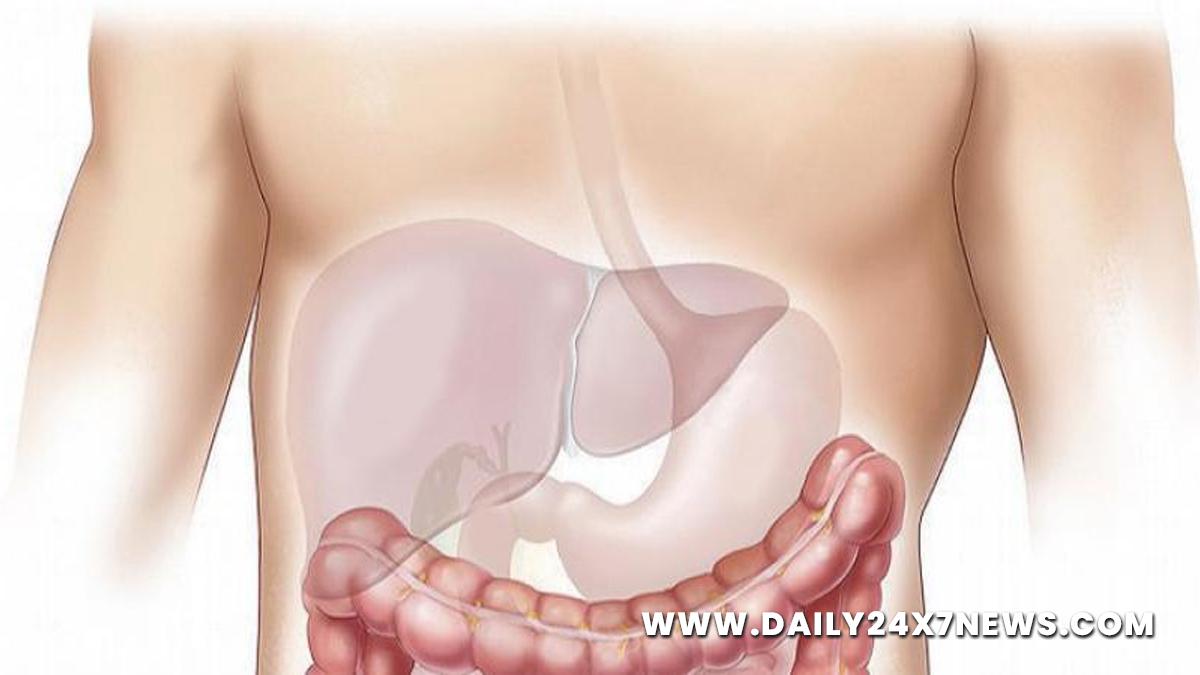Lifestyle changes during Covid behind rise in liver disease

Tokyo : Lifestyle changes triggered rise in liver disease during the first year of the Covid-19 pandemic, according to a new study. The retrospective study led by researchers at Osaka City University in Japan revealed that cases of metabolic dysfunction-associated fatty liver disease have increased since before the Covid pandemic. The findings, detailed in the journal Liver International, also showed an increase in late-night meals and alcohol intake, as well as tobacco smoking during pandemic major reasons contributing to the rise in fatty liver disease. Fatty liver condition occurs when fat builds up in the liver that can cause liver inflammation, and damage your liver and create scarring. In severe cases, the scarring can lead to liver failure. Among people who drink a lot of alcohol, the condition is known as alcoholic fatty liver disease (AFLD), while among those who don’t drink a lot, it’s metabolic dysfunction-associated fatty liver disease (MAFLD), earlier known as nonalcoholic fatty liver disease (NAFLD). MAFLD is associated with increased all-cause and cardiovascular mortality.
“Before the pandemic, we found routine late-night meals, or dinner 2 hours before bedtime, as an independent lifestyle predictor of developing MAFLD,” said Hideki Fujii, first author of the study. “However, analysis showed higher daily alcohol intake as an independent predictor of the disease during the pandemic.”For the study, the team used health checkup data of 973 participants between 2018 and 2020 and found that new diagnoses of MAFLD rose from 22 before the Covid pandemic to 44 during the pandemic. Researchers analysed the lifestyle habits of the 22 patients who developed MAFLD before pandemic, which included alcohol intake, exercise, sleep duration, meals per day, and late-night meals. Their analysis showed only the proportion of late-night meals as significantly higher, marking this as an independent predictor of developing MAFLD. But during the pandemic, in the additional 44 patients who developed MAFLD, researchers found a jump in alcohol intake mainly among patients less than 60 years of age. “This represents a major proportion of the working-age population,” Fujii said, suggesting a need to more closely monitor and address this life-style change as the pandemic continues. Also, the proportion of smokers and those who ate two meals a day instead of three, were higher among those who developed MAFLD during the pandemic.

Comments are closed.